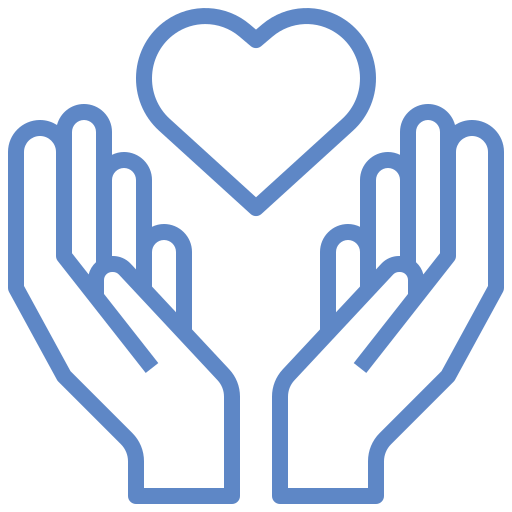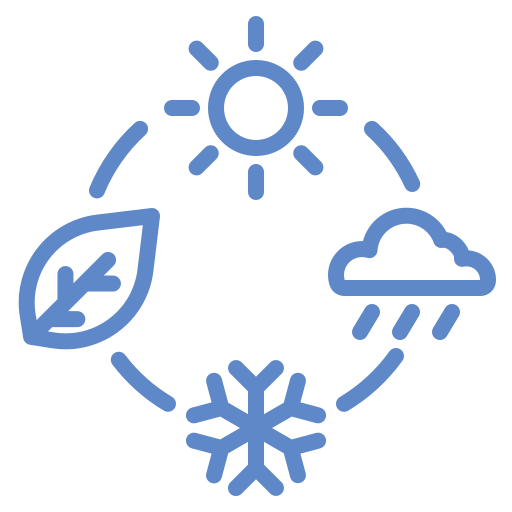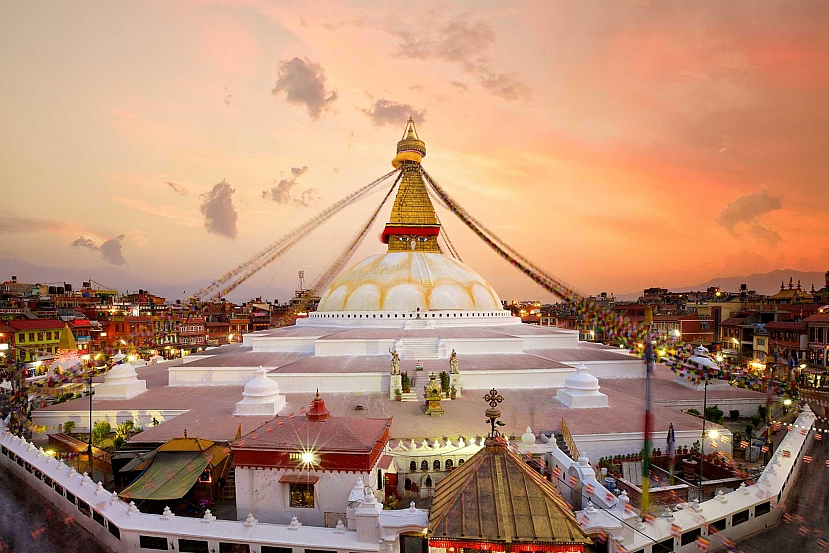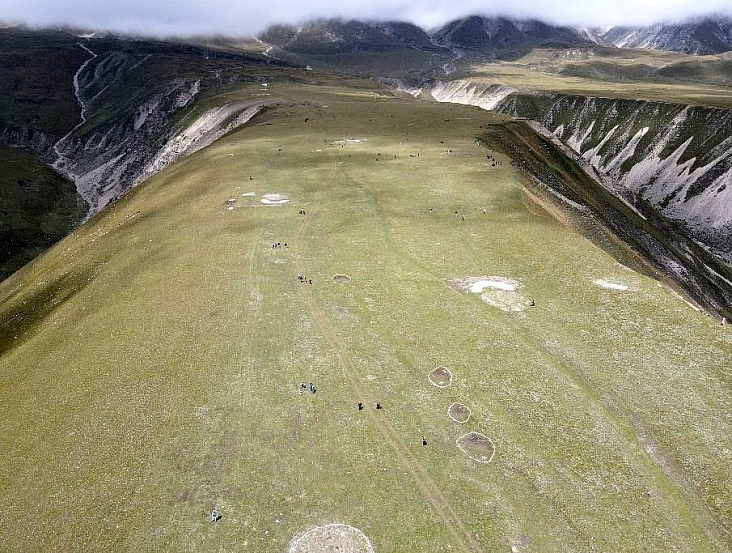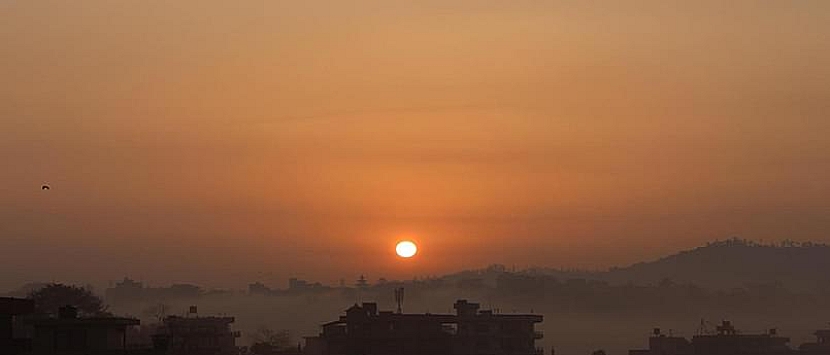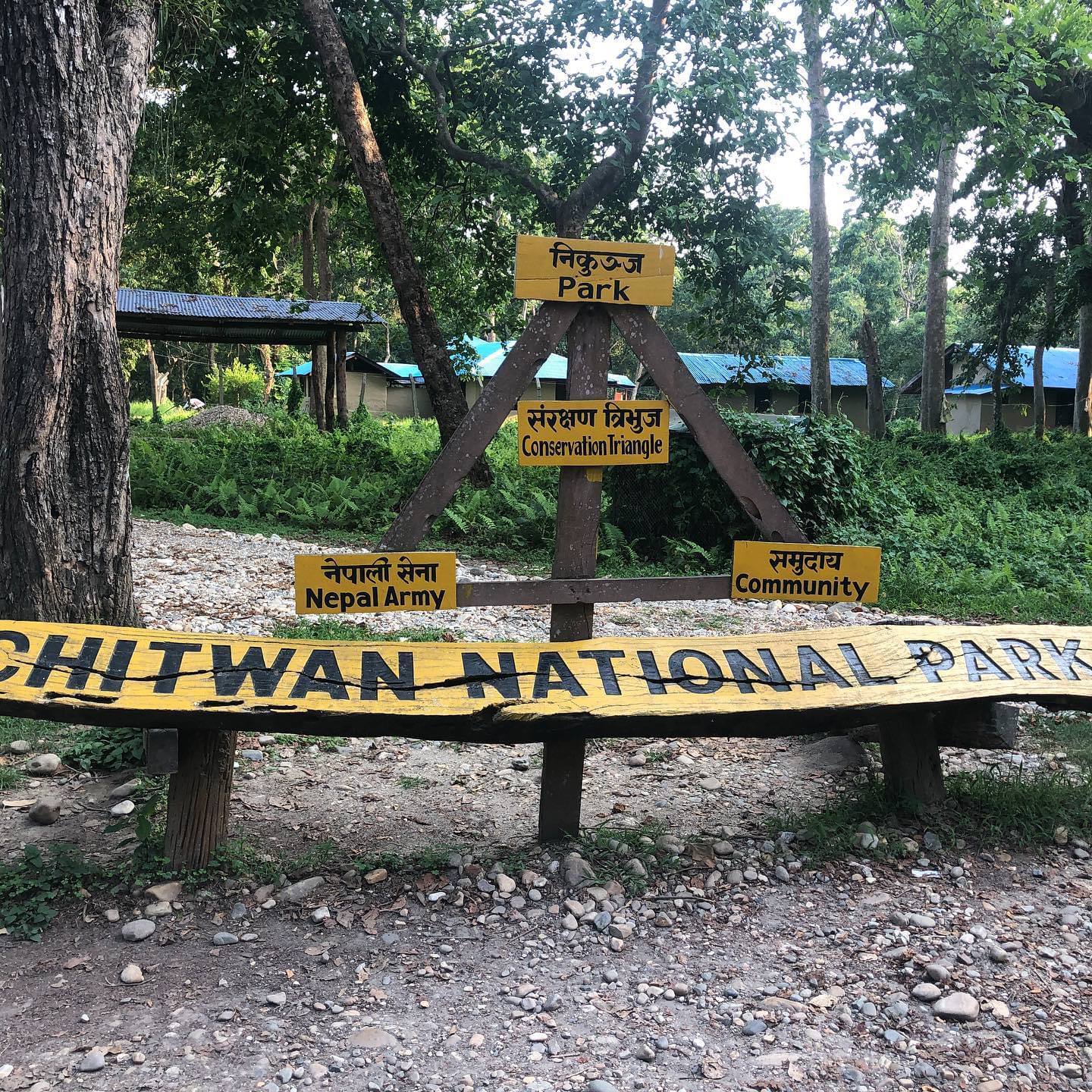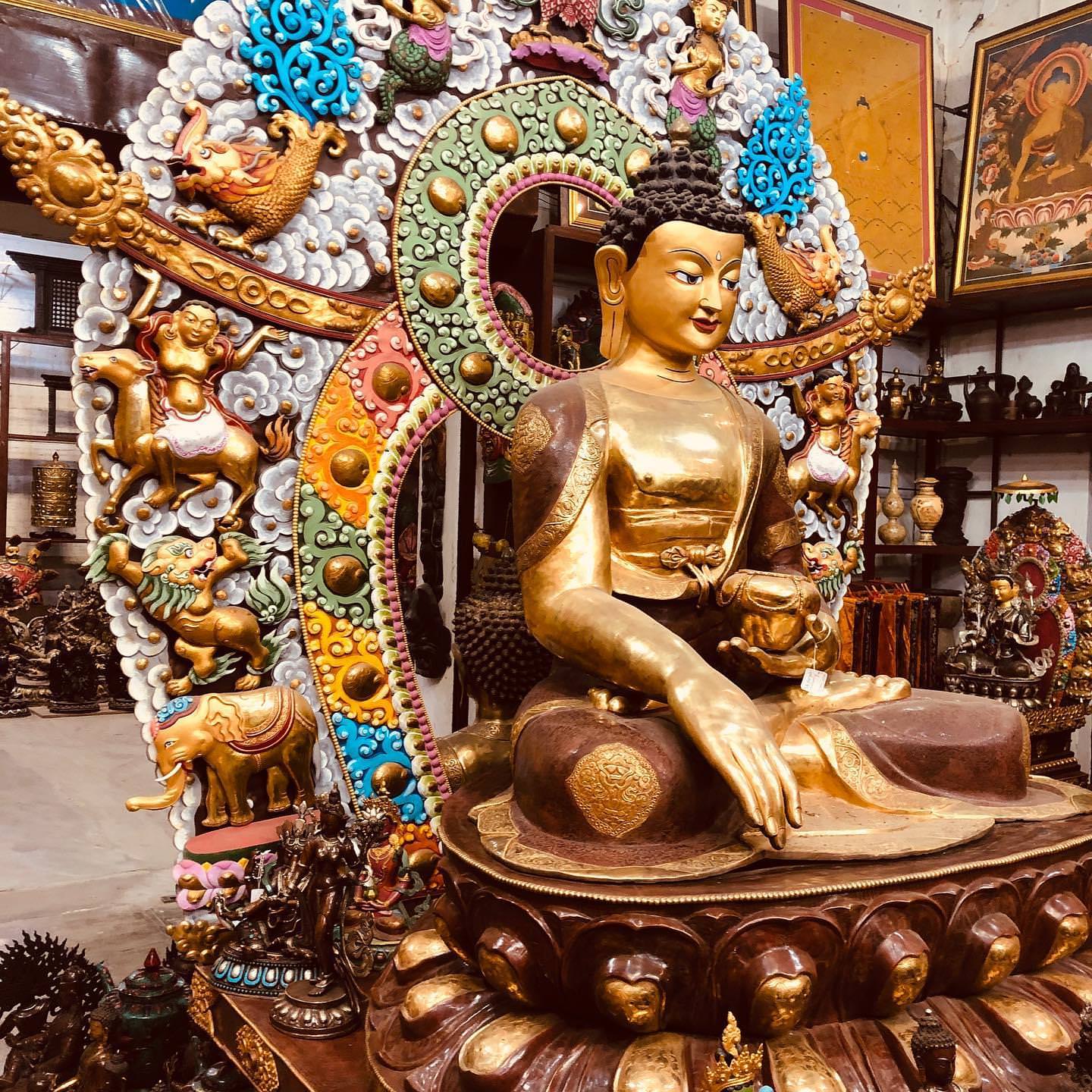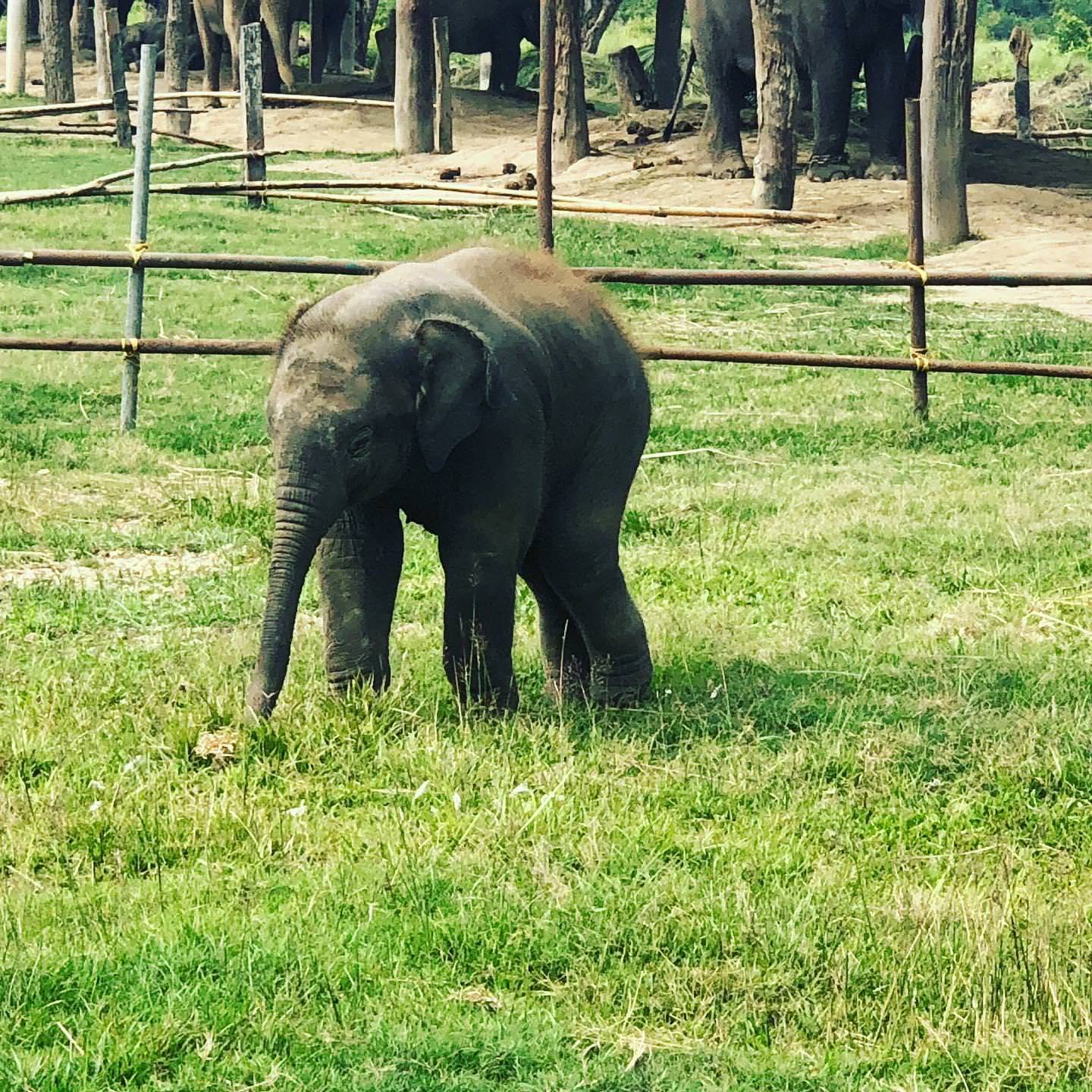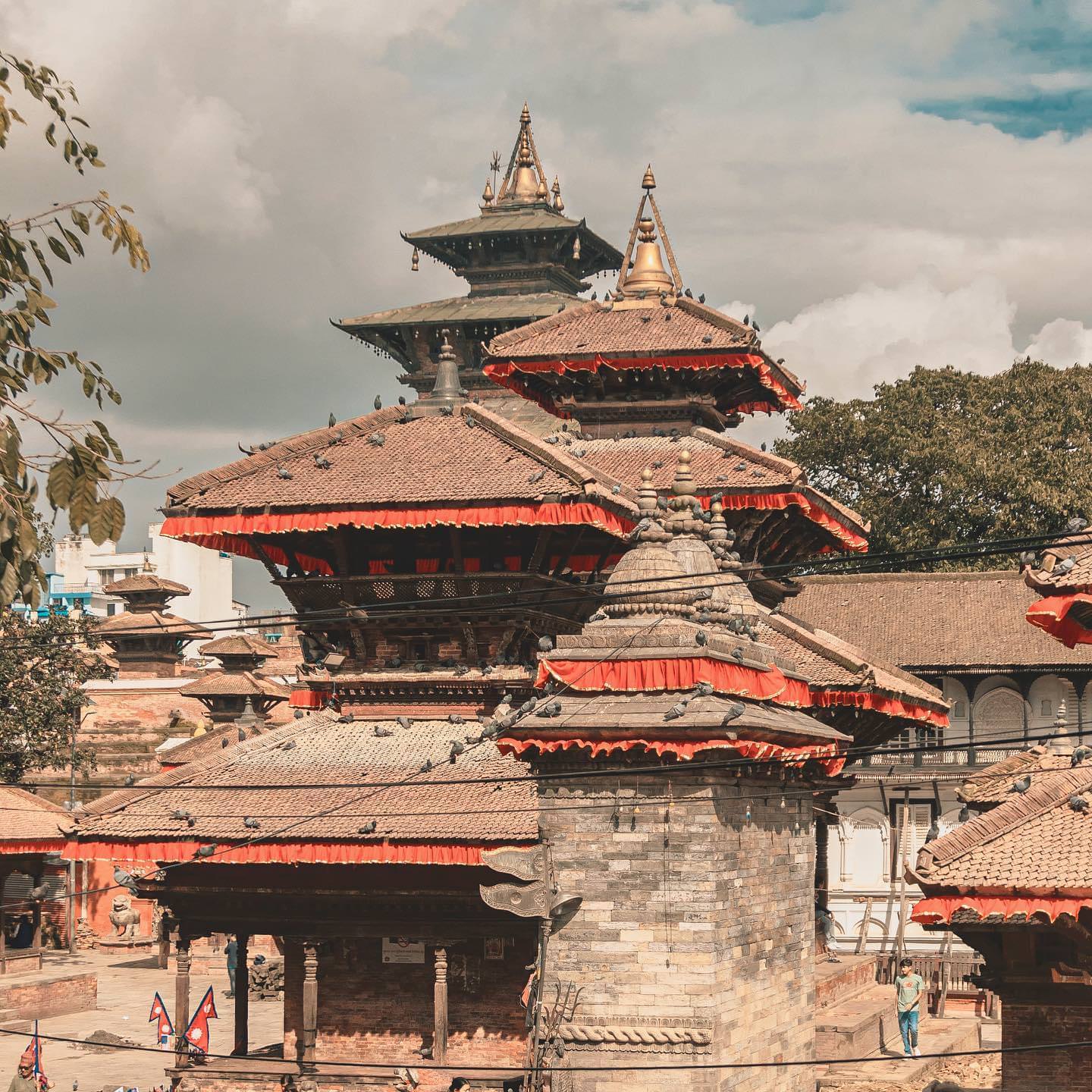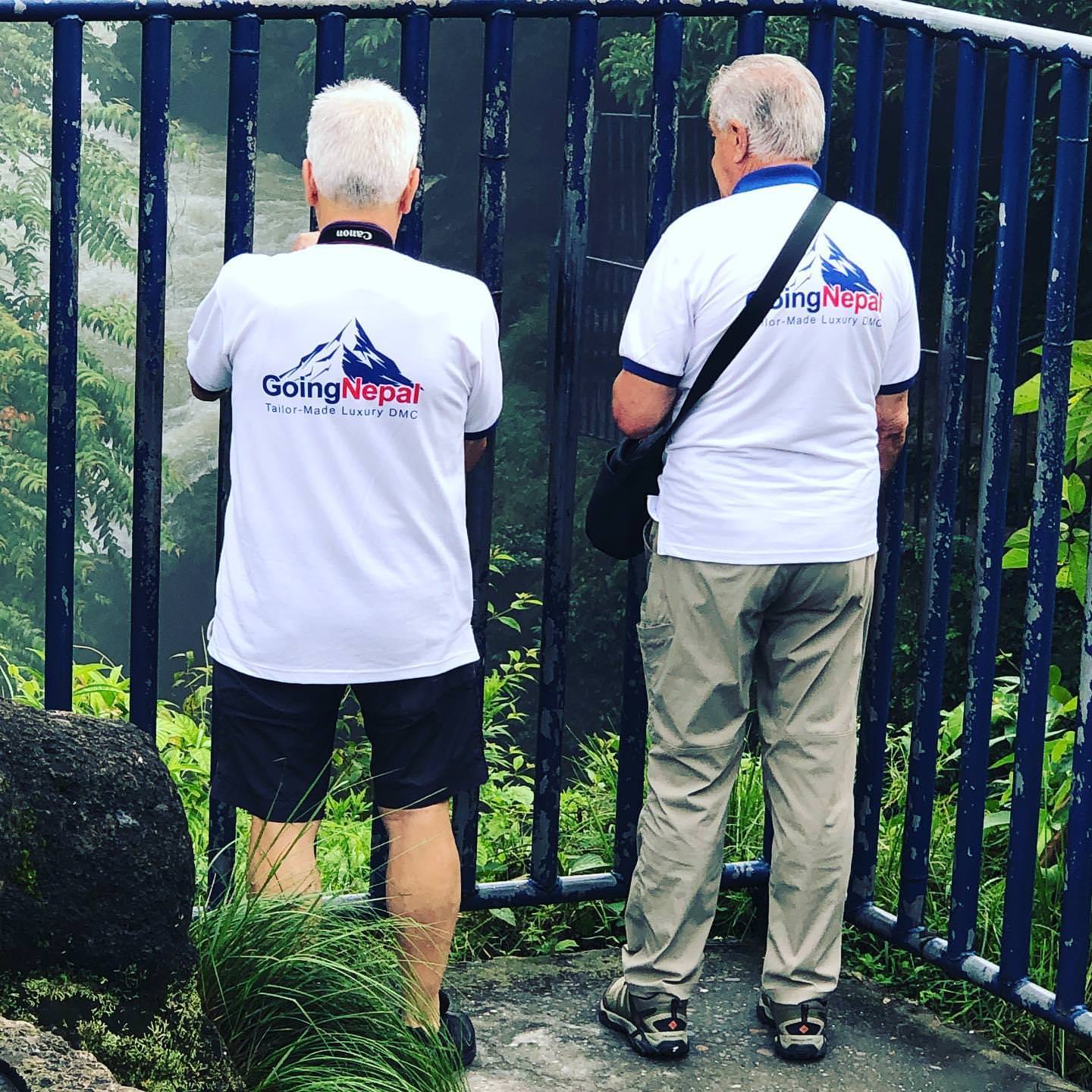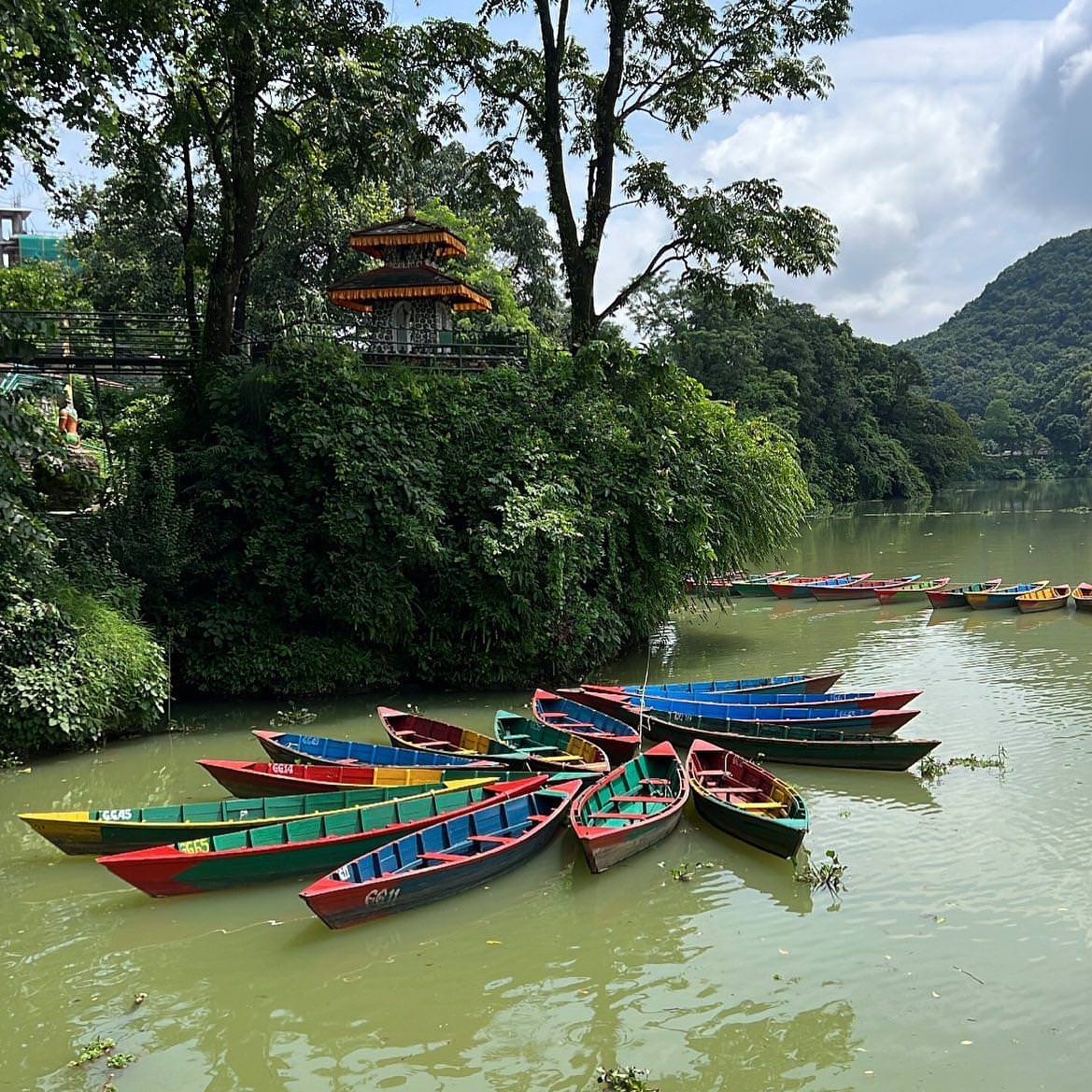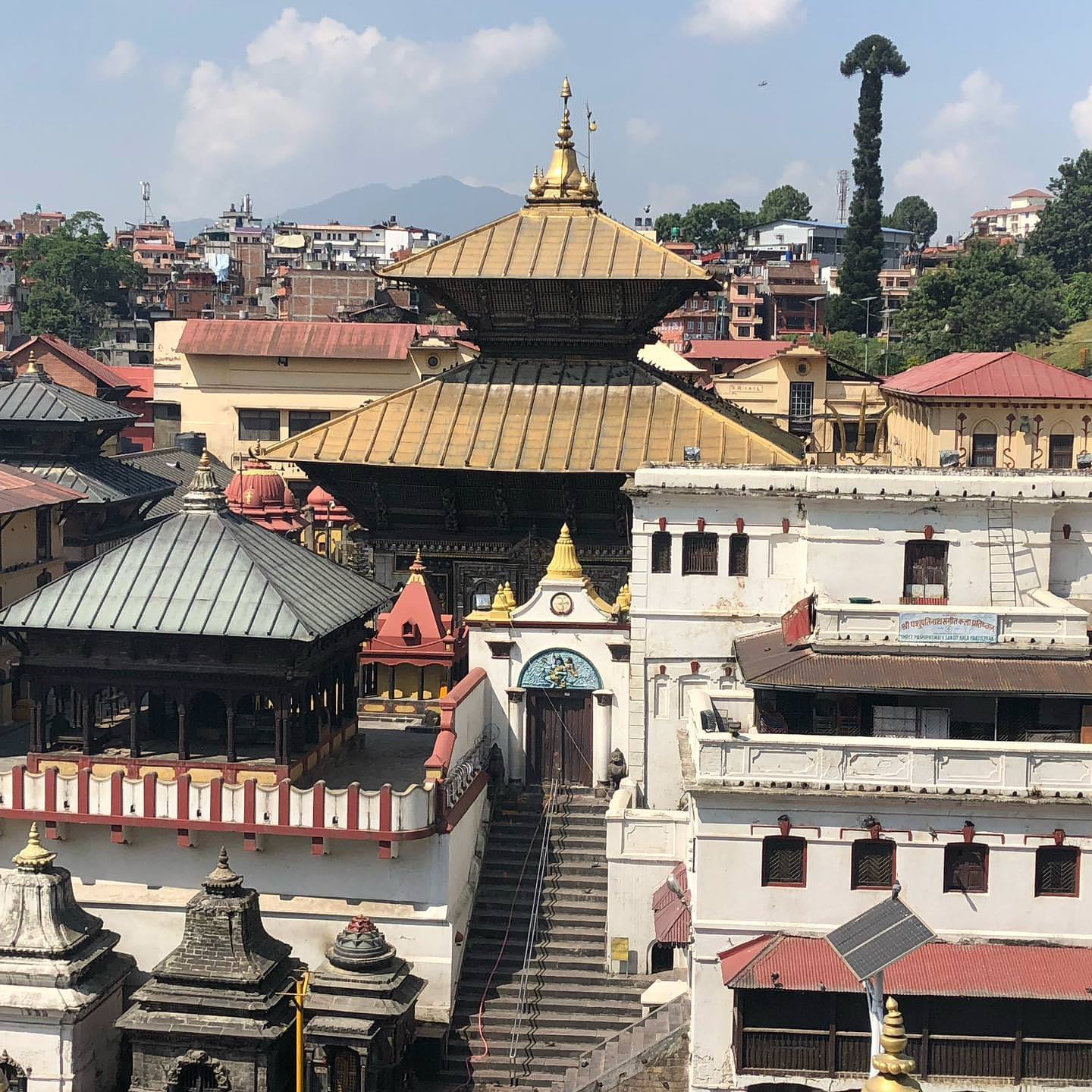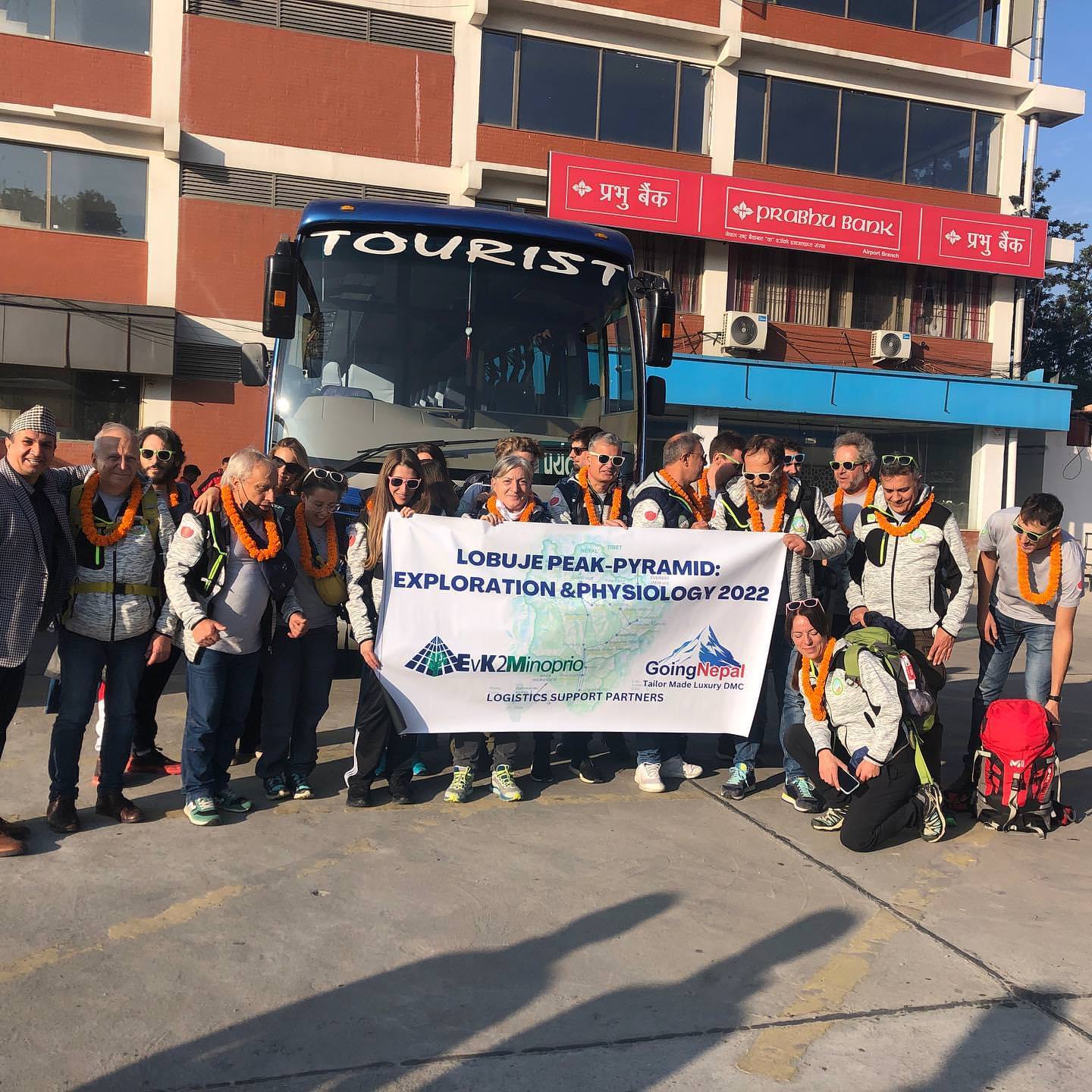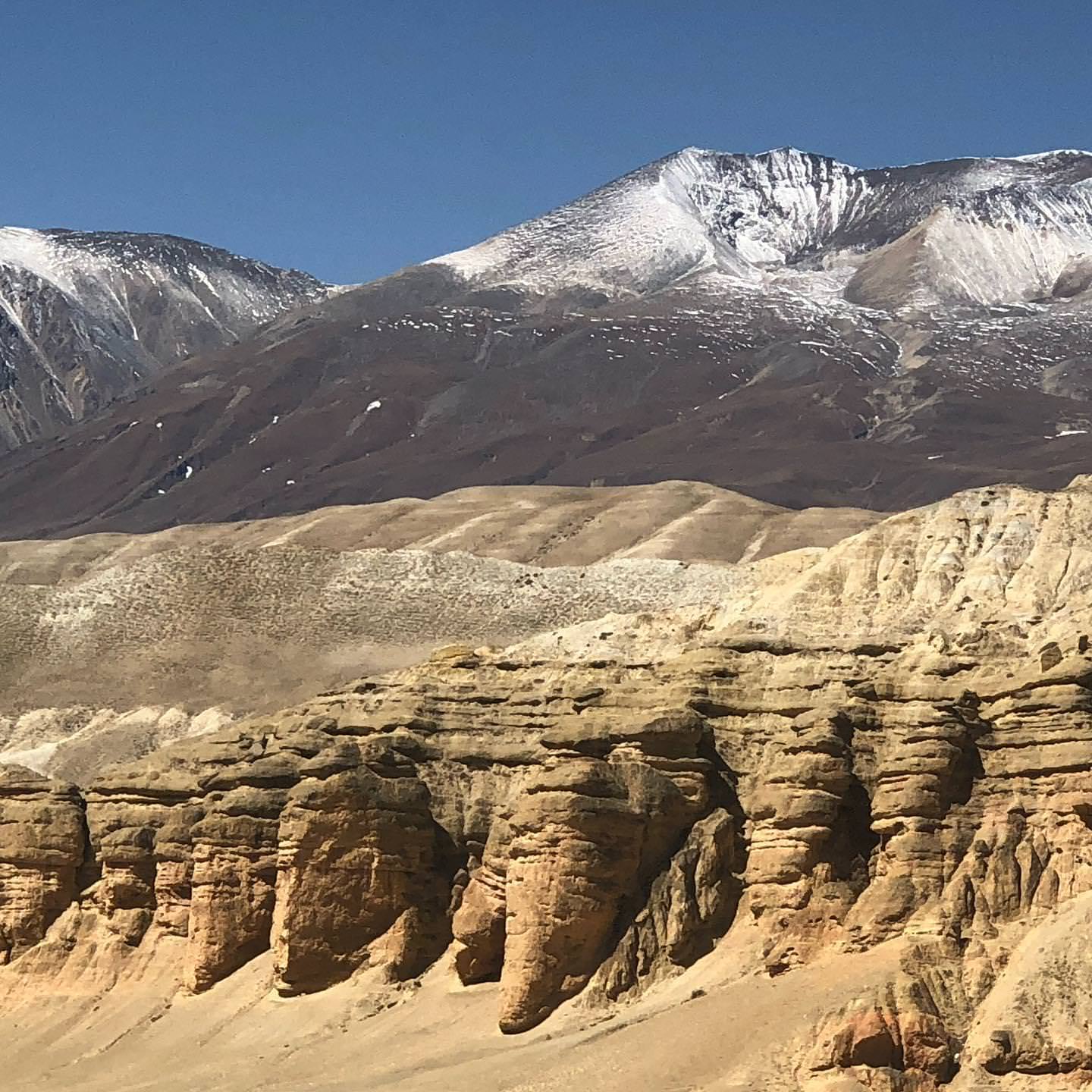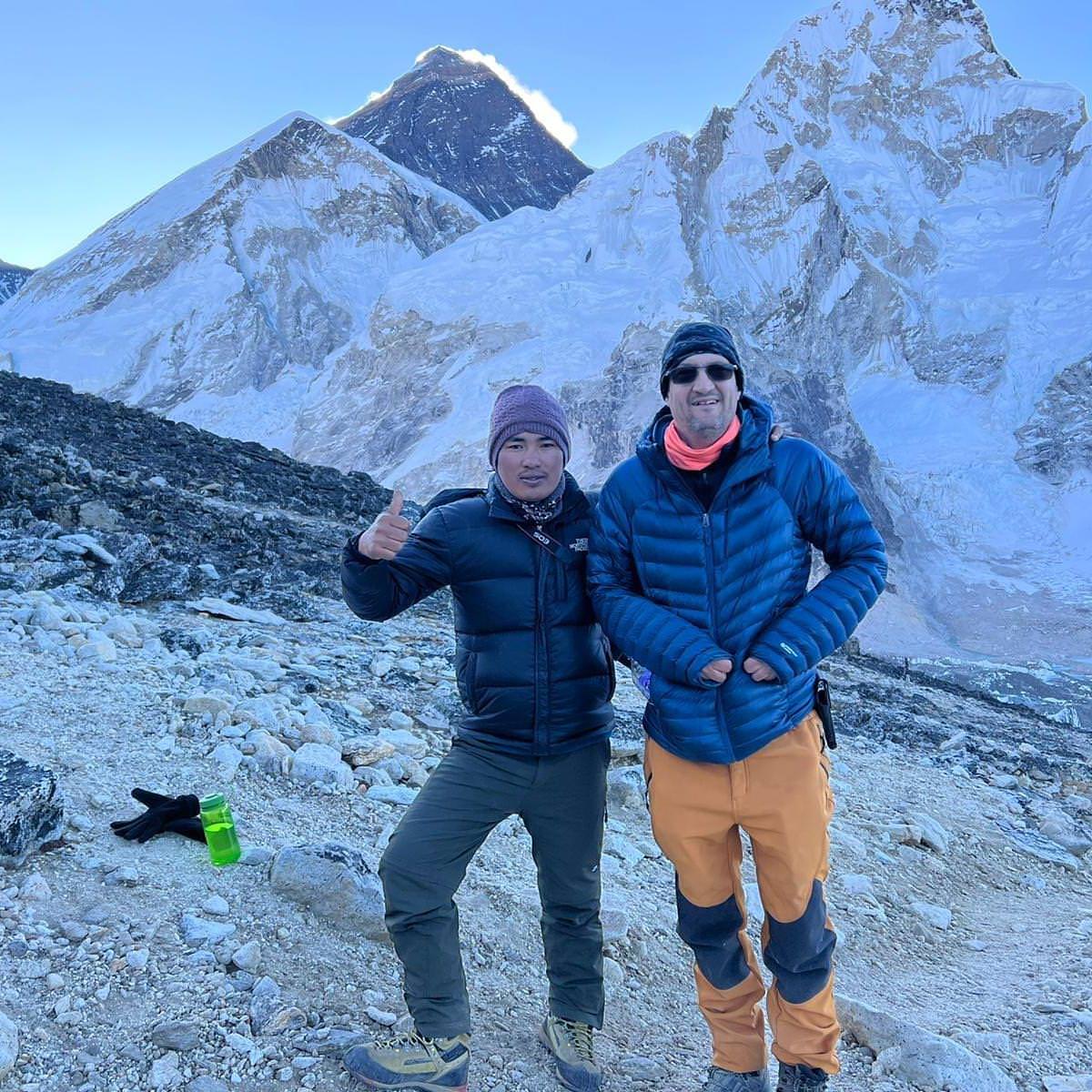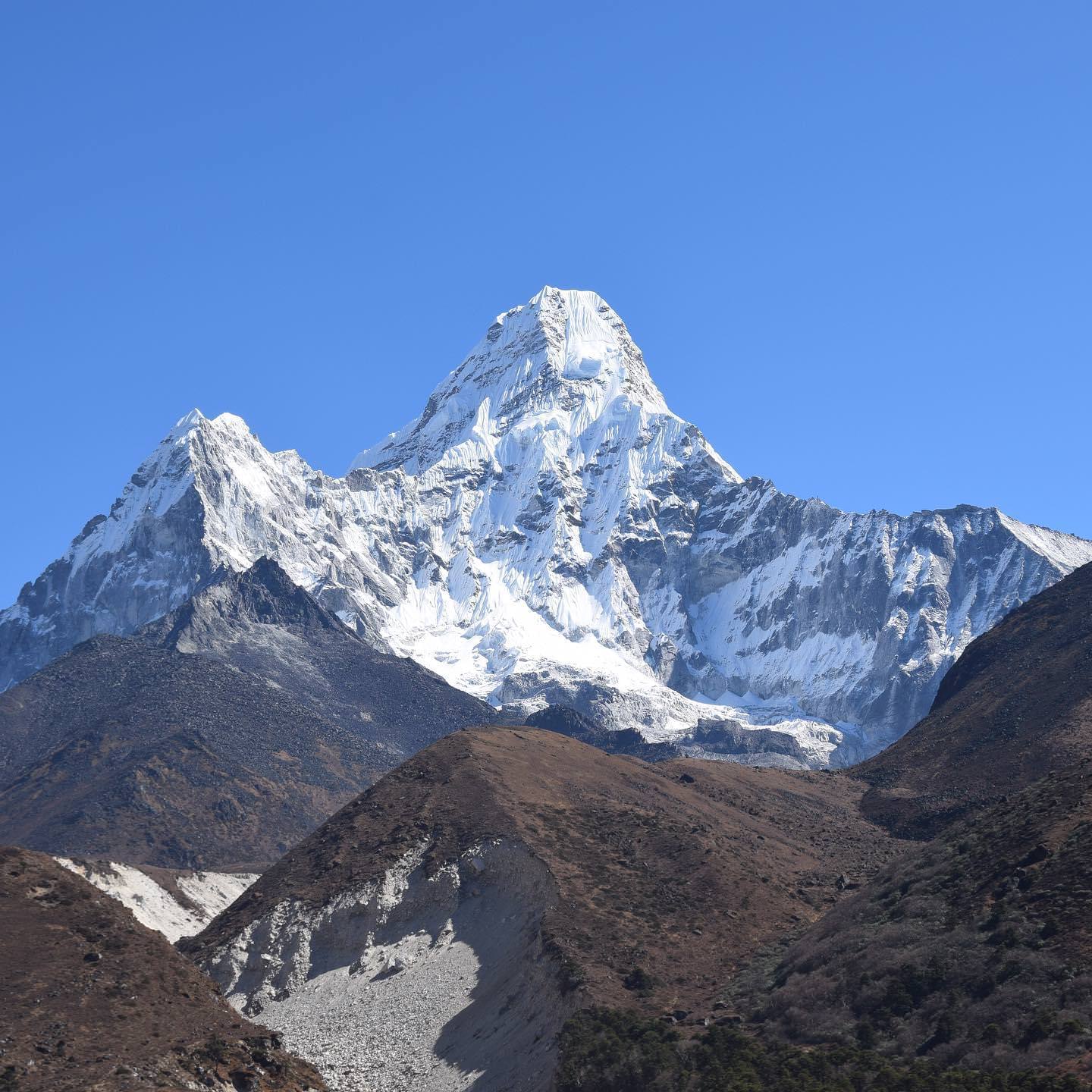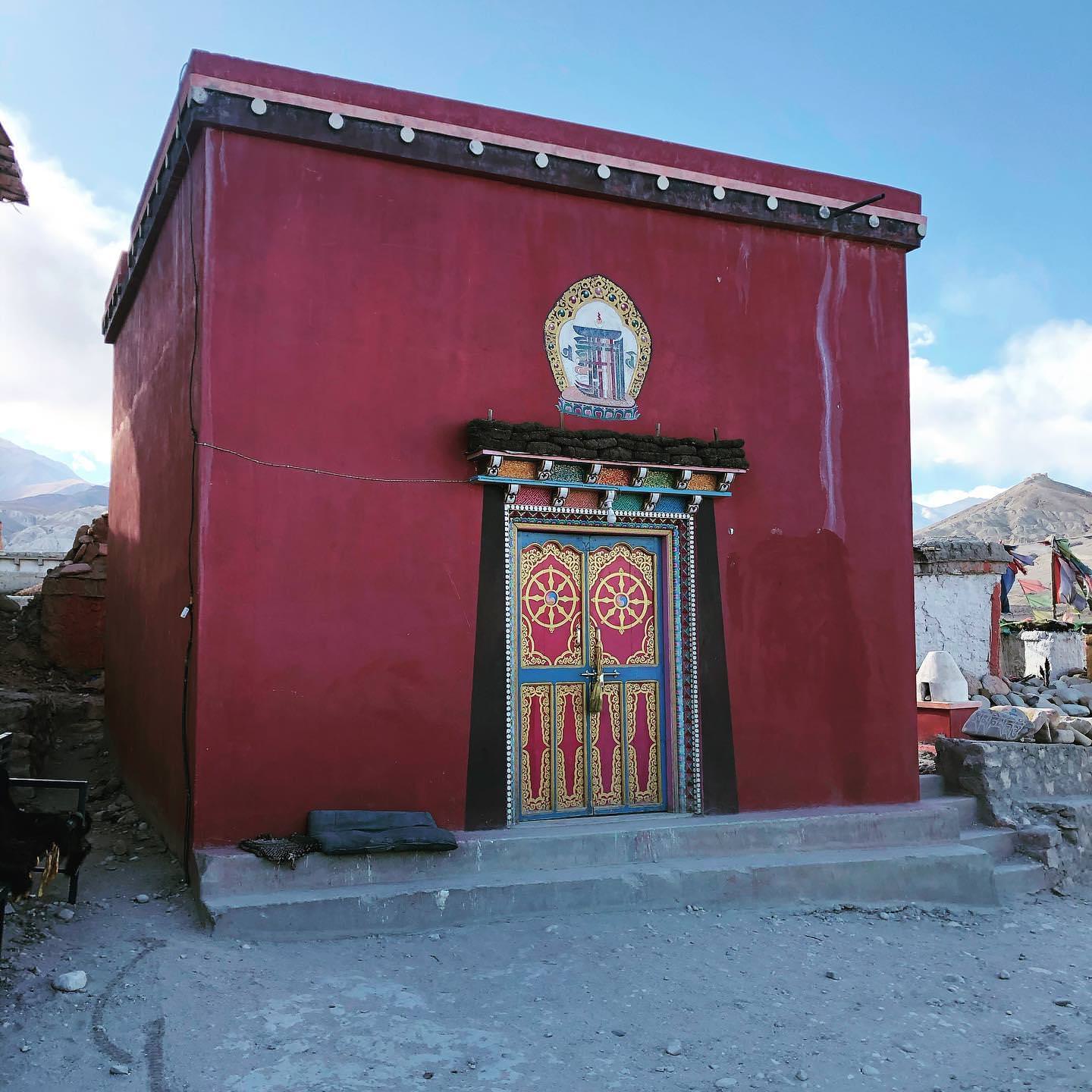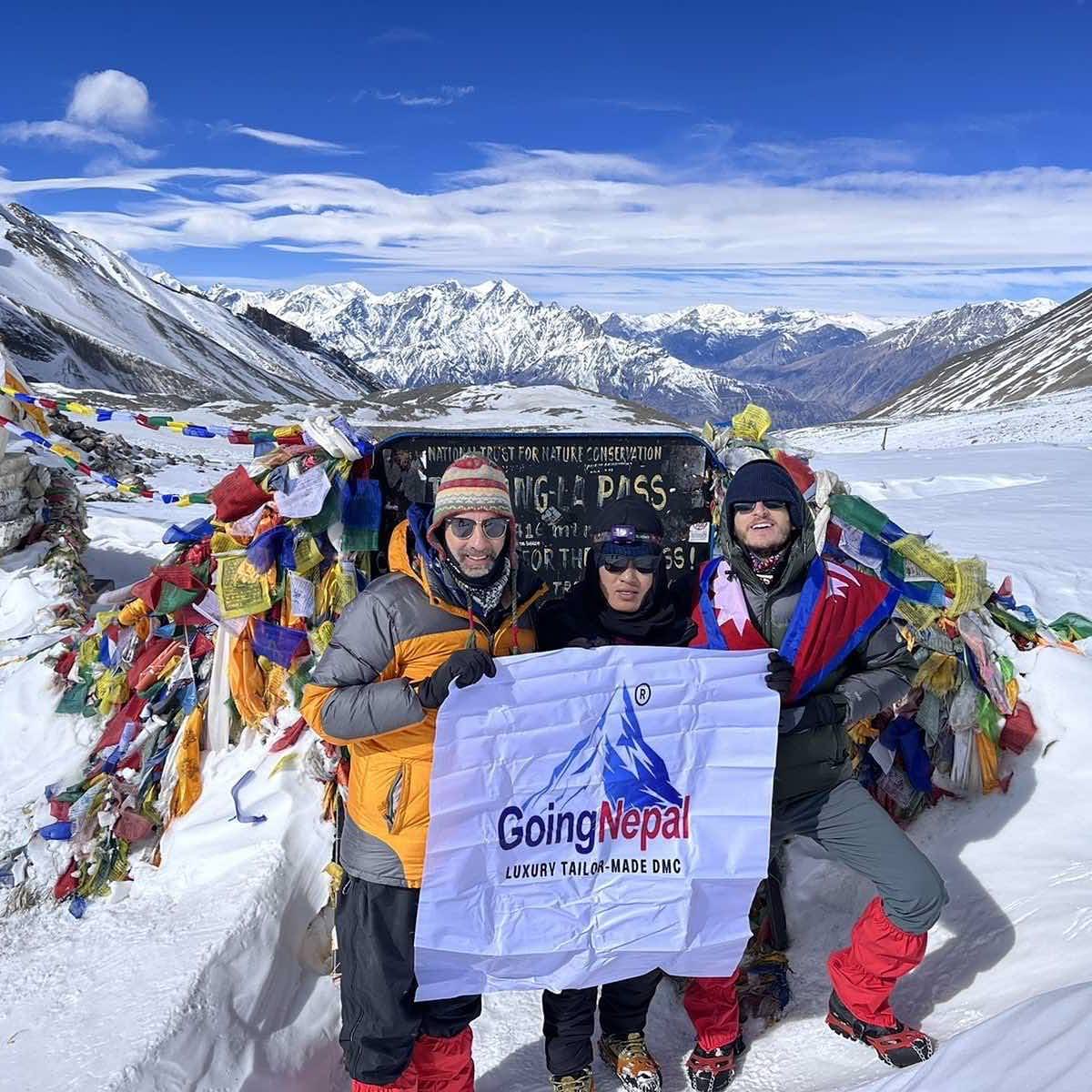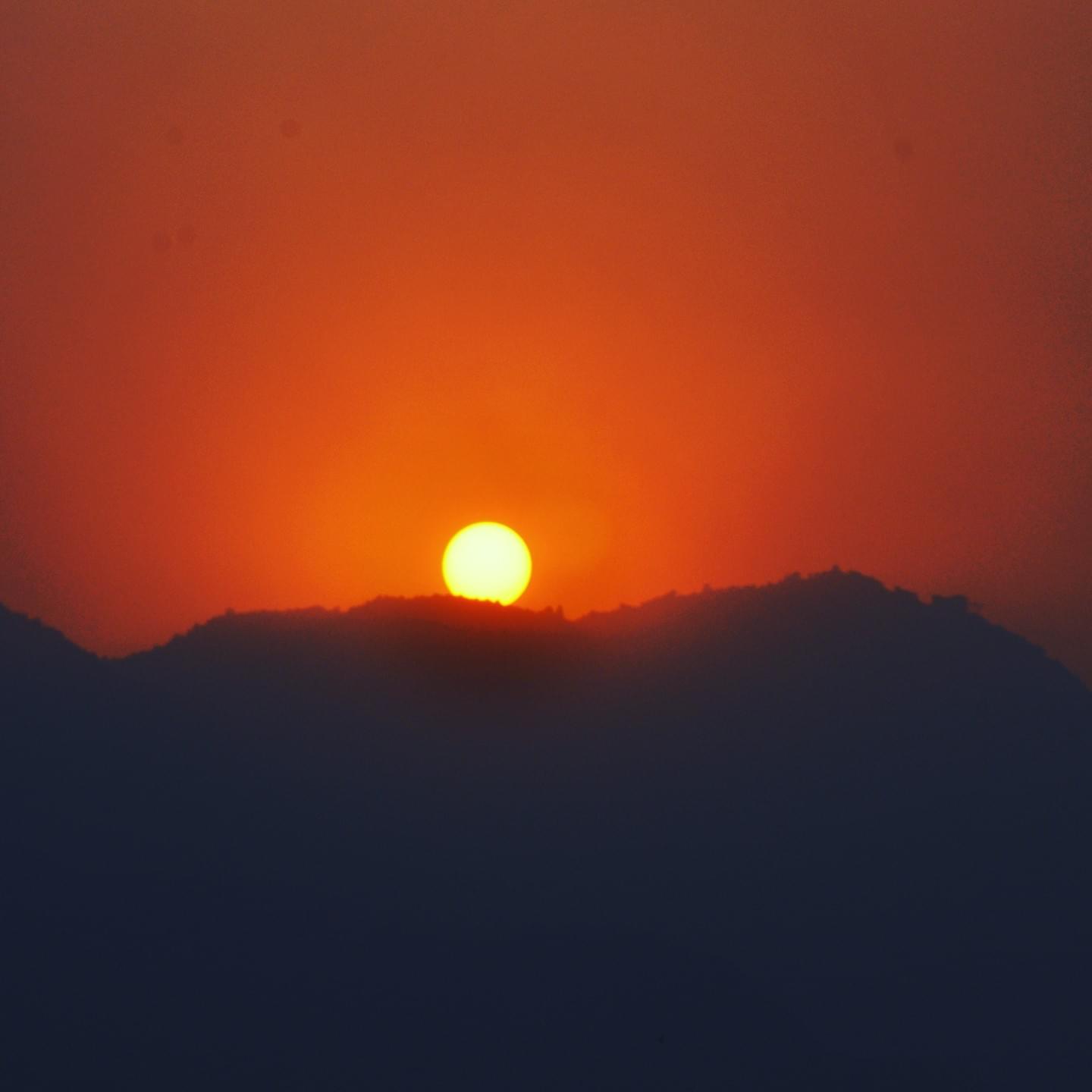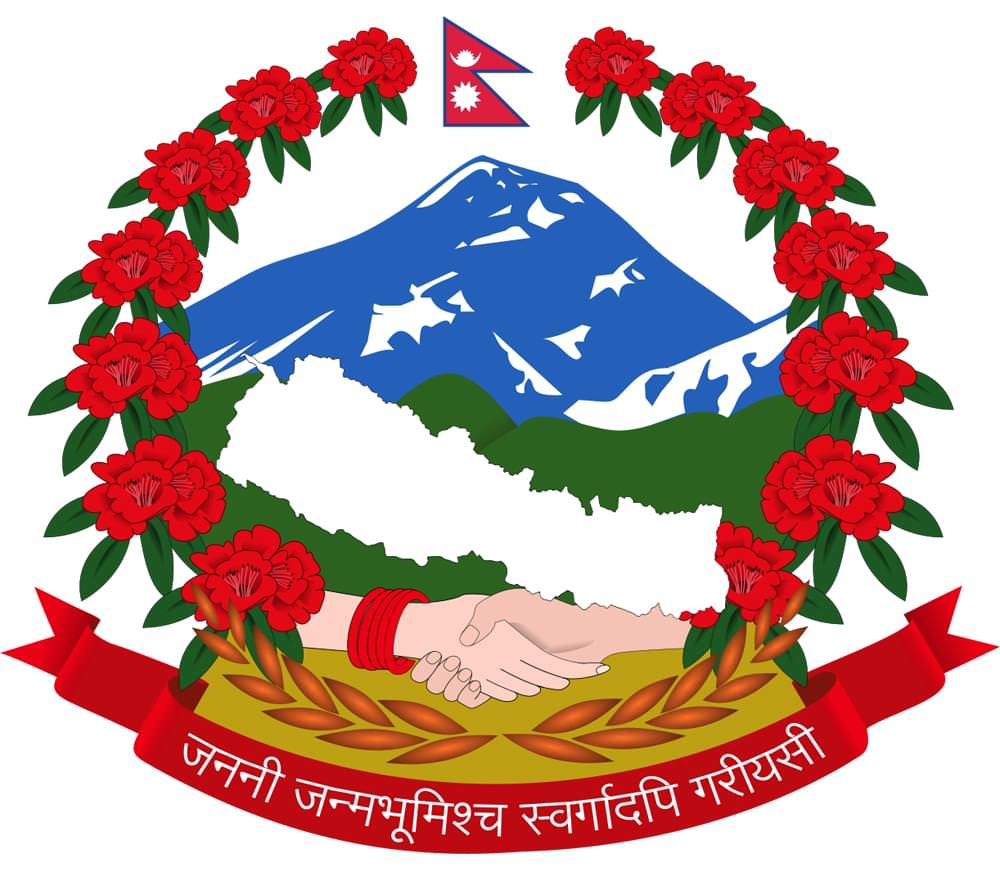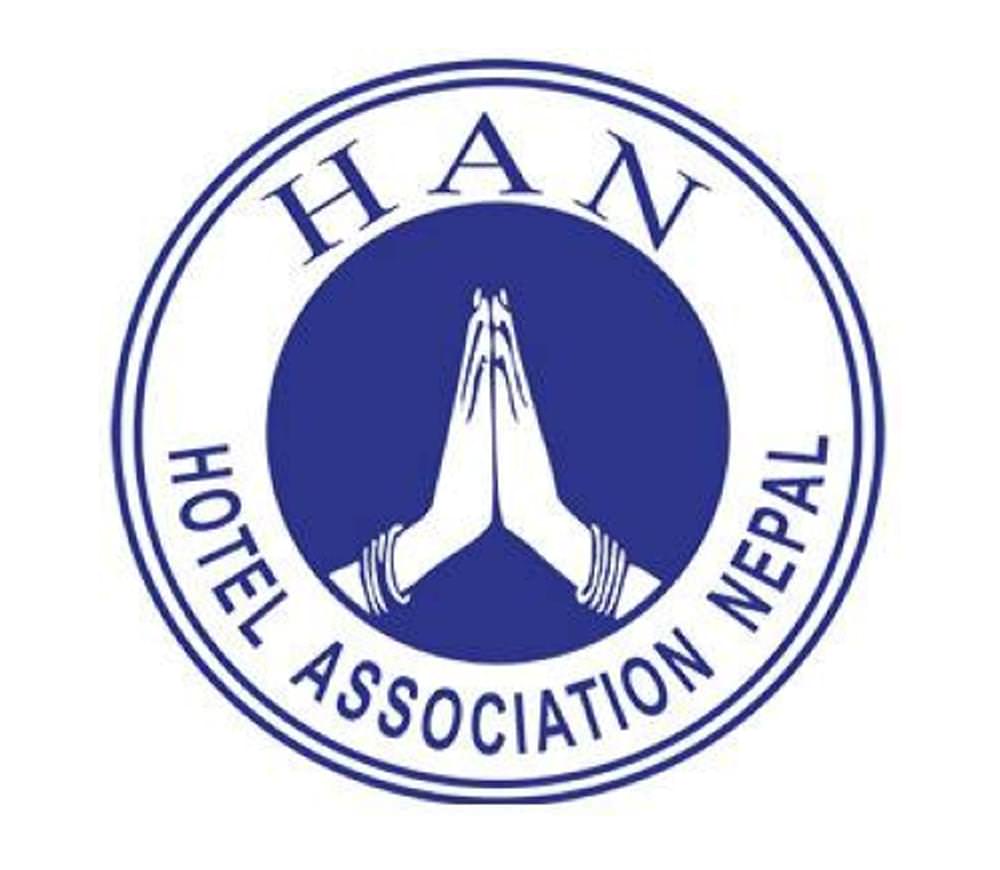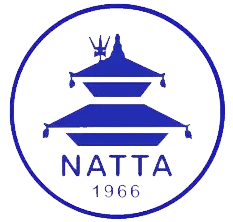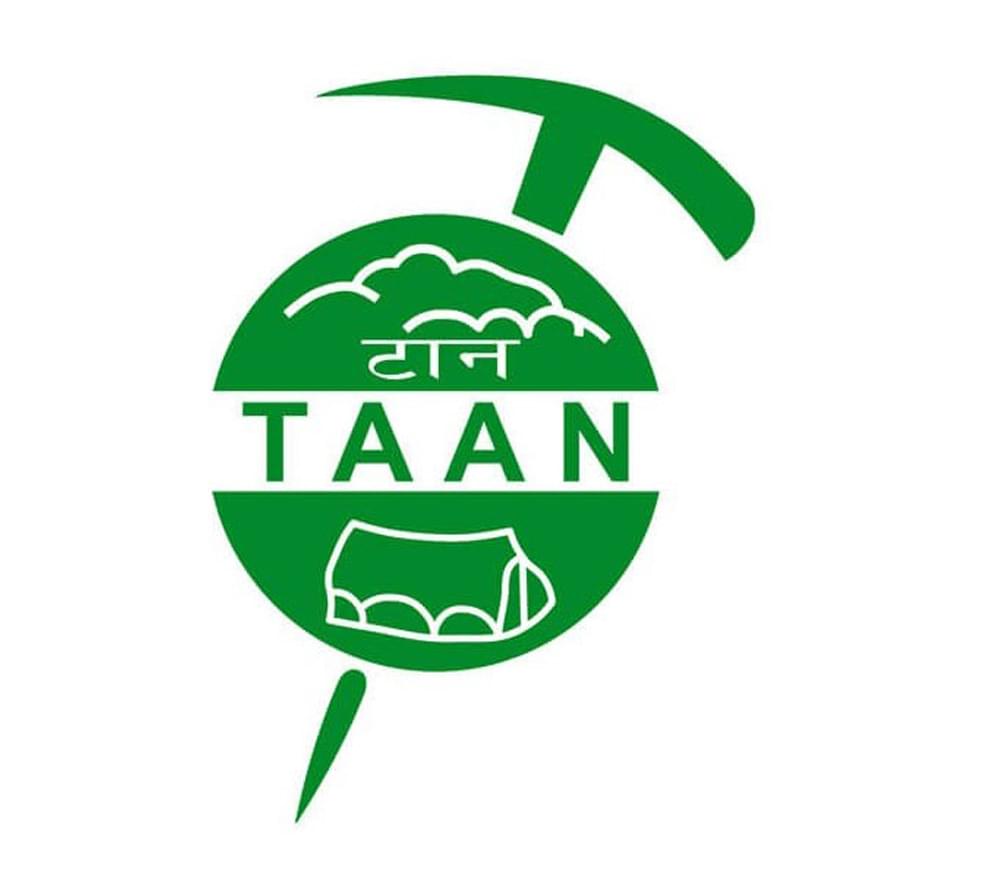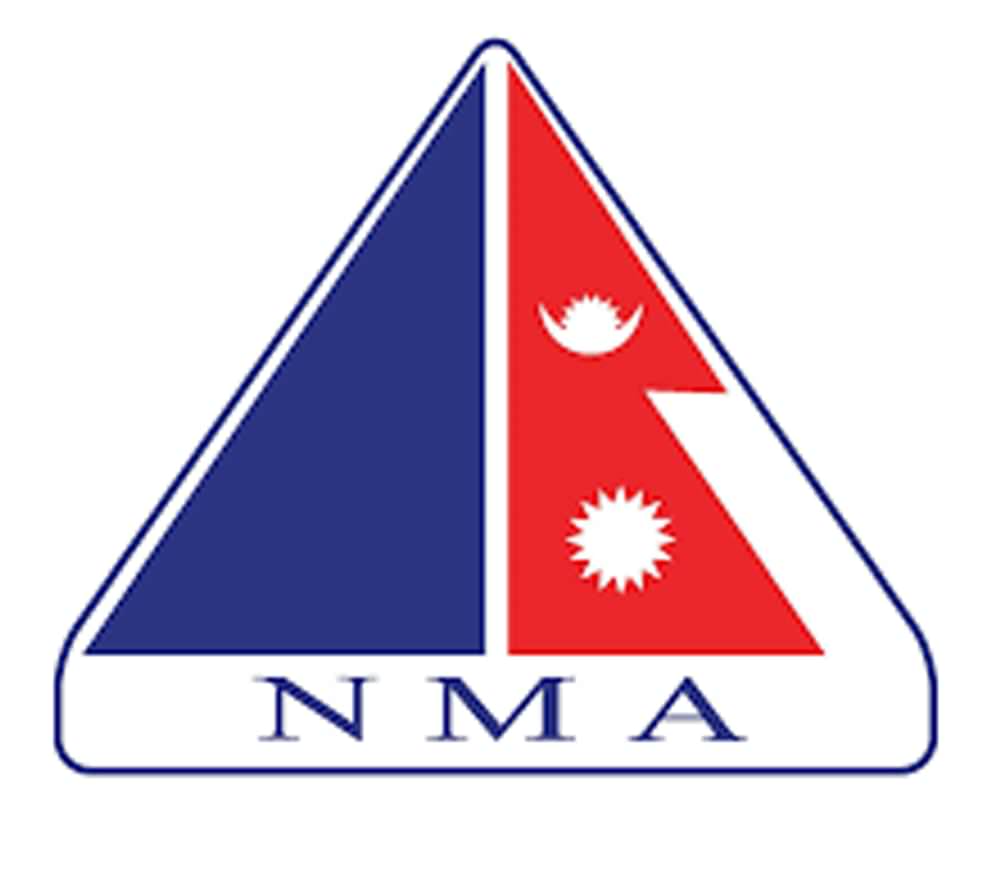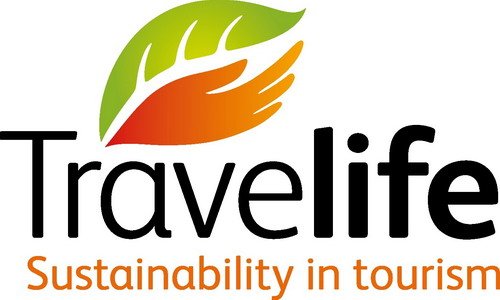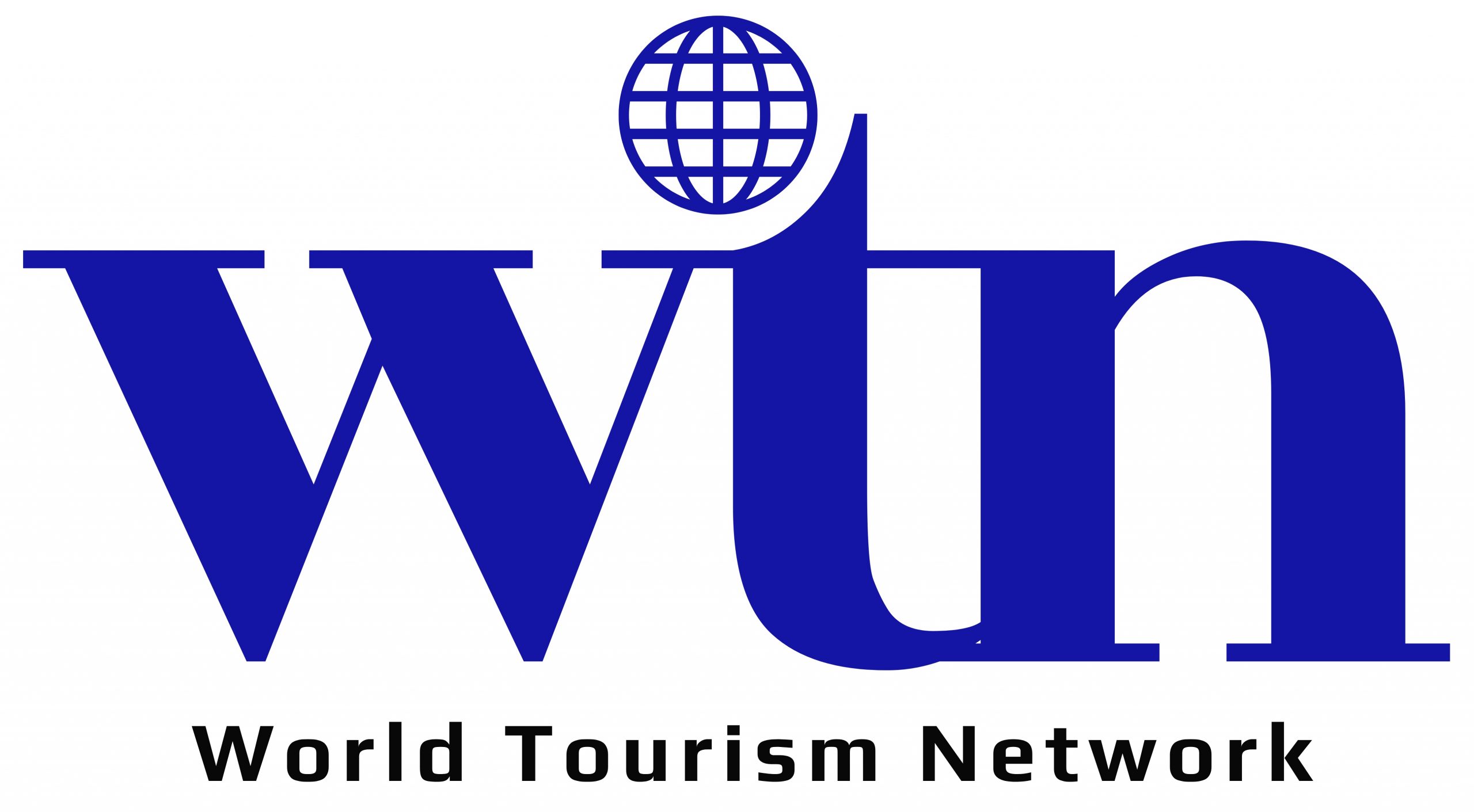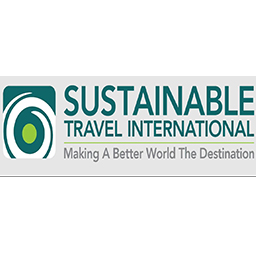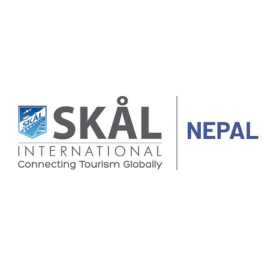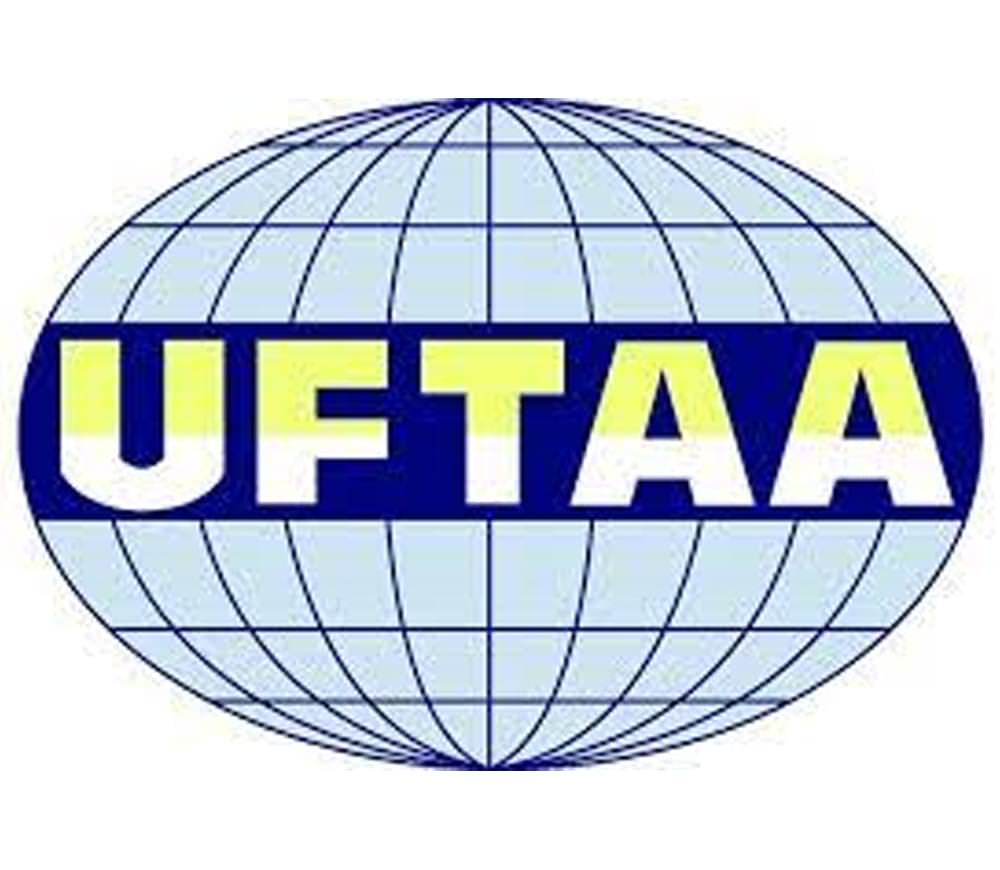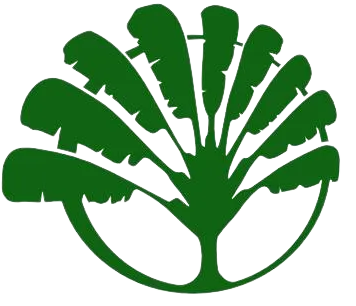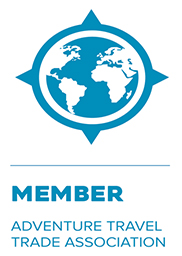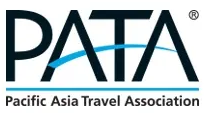Travel Information
Here are some do's and don'ts to keep in mind when visiting Nepal:
Do's in Nepal:
Ö Respect local customs and traditions: Nepal has a rich cultural heritage, so it's important to be respectful towards local customs and traditions. Learn about the cultural norms and practices, and try to follow them during your stay.
Ö Dress modestly: While Nepal is a diverse country with varying standards of attire, it is generally appreciated if you dress modestly, especially when visiting religious sites or rural areas. It is advisable to cover your shoulders and knees to show respect.
Ö Remove your shoes when entering religious sites and private homes: Nepali people follow the custom of removing their shoes before entering religious sites and private residences. It is polite to do the same to show reverence and cleanliness.
Ö Practice responsible tourism: Nepal is blessed with natural beauty and unique ecosystems. As a responsible tourist, strive to minimize your environmental impact. Avoid littering, use reusable water bottles, and follow designated trails when trekking to preserve the natural surroundings.
Ö Learn basic Nepali greetings: Learning a few basic Nepali greetings such as "Namaste" (hello), "Dhanyabad" (thank you), and "Kripaya" (please) can go a long way in building rapport with the local people. It shows your appreciation for their culture and makes interactions more meaningful.
Don'ts in Nepal:
x Disrespect of religious sites and beliefs: Nepal is a deeply spiritual country, and its people hold their religious sites and beliefs in high regard. Avoid any behavior that may be seen as disrespectful or sacrilegious, such as touching sacred objects without permission or taking photographs where it is prohibited.
x Engage in public displays of affection: Nepali society is relatively conservative, and public displays of affection, especially between couples, are generally not accepted. It is best to exercise restraint and avoid such behavior in public to avoid any offense.
x Use of your left hand for eating or giving/receiving items: In Nepali culture, the left hand is considered unclean as it is traditionally used for personal hygiene purposes. When dining or interacting with others, always use your right hand for eating and offering or receiving items as a sign of respect.
x Give money or sweets to children on the street: Although it may be tempting to give money or sweets to children begging on the streets, it is generally discouraged. This perpetuates the cycle of dependency and may discourage children from attending school. It is better to support reputable local charities working towards education and welfare.
x Disregard local customs during festivals: Nepal celebrates numerous vibrant festivals throughout the year. If you happen to be in the country during a festival, be mindful of local customs and practices. Avoid behaviors that may disrupt or disrespect the festive atmosphere and follow instructions from locals or authorities.
x By adhering to these do's and don'ts, you will have a more respectful and culturally immersive experience during your visit to Nepal.
Some Major Festivals and Festivities/ Events in Nepal
1. Gai Jatra - A festival celebrated in August in the Kathmandu Valley. It is a time for mourning and remembrance of loved ones who have passed away.
2. Teej - A festival celebrated in August or September by married women. It is a celebration of the bond between husband and wife and involves fasting, singing, and dancing.
3. Indra Jatra - A festival celebrated in September in the Kathmandu Valley to honor the god Indra. The festival involves a procession of chariots, dances, and offerings.
4. Janai Purnima - A festival celebrated in August to mark the sacred thread worn by Hindu men. It is a time for ritual baths, worship, and feasting.
5. Krishna Janmashtami - A festival celebrated in August or September to honor the birth of the Hindu god Krishna. It involves fasting, singing, and dancing.
6. Dashain/ Durga Pooja: A 15-day festival celebrated in September or October to commemorate the victory of good over evil. The festival includes the worship of the goddess Durga, feasting, and gift-giving.
7. Tihar / Deepawali: Also known as the Festival of Lights, Tihar is a five-day festival celebrated in October or November. Each day has its own significance, such as the worship of crows, dogs, and cows, as well as the celebration of brothers and sisters.
8. Chhath: A festival celebrated in November in the Terai region of Nepal. It is a time for worshiping the sun god, fasting, and offering prayers.
9. Holi / Festival of color: A festival celebrated in March or April, also known as the Festival of Colors. People throw colored powder and water on each other, dance, and enjoy feasts.
10. Bisket Jatra: A festival celebrated in Bhaktapur in April. It is a celebration of the Nepali New Year and involves pulling chariots, playing music, and performing traditional dances.
11. Maghe Sankranti - A festival celebrated in January to mark the end of the winter solstice. People take holy dips in rivers, eat special dishes made of sesame and molasses, and fly kites.
12. Buddha Jayanti - A festival celebrated in May to honor the birth, enlightenment, and death of Lord Buddha. It is a time for reflection, prayer, and meditation.
13. Shivaratri - A festival celebrated in February or March to honor the Hindu god Shiva. Devotees fast, perform rituals, and offer prayers.
14. Mani Rimdu - A festival celebrated in November in the Everest region to honor the birth of Guru Rinpoche. It involves mask dances, chanting, and offerings.
15. Ghode Jatra - A festival celebrated in March in Kathmandu to honor the defeat of a demon who had been terrorizing the city. The festival involves horse racing and other activities.
16. Yomari Punhi - A festival celebrated in December to mark the end of the rice harvest season. It involves the making and eating of Yomari, a special rice cake.
17. Losar - A festival celebrated in February by the Sherpa community to mark the Tibetan New Year. It involves prayer, feasting, and other traditional activities.
18. Lhosar - A festival celebrated in December or January by the Tibetan community. It involves prayer, feasting, and other traditional activities.
19. Tiji - A festival celebrated in the month of May by the people of Upper Mustang to ward off evil spirits and demons. It involves traditional dances
What do you have to carry with you when you travel to Nepal?
If you are traveling to Nepal for a holiday, here are some essential items you should consider bringing:
|
Passport and Visa:
|
Ensure that you have a valid passport with at least six months of validity left and a Nepali tourist visa or filled out on arrival visa form
|
|
Travel Insurance:
|
It's recommended to have travel insurance that covers medical expenses, emergency evacuation, and trip cancellation.
|
|
Cash/Credit Cards:
|
Nepal is primarily a cash-based economy, so it's essential to carry enough cash. Additionally, major cities and tourist areas accept credit cards, but be prepared to pay a fee for using them.
|
|
Medications:
|
Don’t forget to carry any medications you need, along with a basic first-aid kit containing items such as band-aids, antiseptic, and pain relievers.
|
|
Camera and Accessories:
|
Nepal is a beautiful country, and you'll want to capture your memories. Bring a camera and accessories such as extra batteries and a memory card.
|
|
Cultural Respectful Clothing:
|
Nepal is a culturally respected country, so it's important to dress modestly, particularly in temples and other religious sites.
|
|
Sunscreen & Insect Repellent:
|
Nepal's high altitude means that the sun's rays are stronger, so sunscreen is crucial. Additionally, insect repellent is necessary to avoid mosquito-borne diseases
|
|
Trekking Gear:
|
If you plan on trekking, you should carry sturdy, comfortable hiking shoes, warm clothing, a backpack, a sleeping bag, and a water bottle.
|
|
Electrical Adapters:
|
Nepal uses type C, D, and M electrical plugs, so bring an adapter if you have electronics with a different plug type.
|
|
Portable Charger:
|
Nepal's power supply can be unreliable, so bringing a portable charger is a good idea to keep your electronics charged.
|
|
In average annual weather forcast in Nepal
|
|
Month
|
During the day
|
At night
|
Remarks
|
|
January
|
9°C (48°F)
|
2°C (36°F)
|
The skies are usually clear, and the humidity is low.
|
|
February
|
12°C (54°F)
|
3°C (37°F)
|
February is slightly warmer than January, with an average temperature of at night, the skies are generally clear, but there may be occasional rain or snow showers
|
|
March
|
16°C (61°F)
|
6°C (43°F)
|
March marks the beginning of spring in Nepal, the weather is usually dry and sunny, but there may be occasional rain showers.
|
|
April
|
23°C (73°F)
|
10°C (50°F)
|
April is one of the best months to visit Nepal, the skies are usually clear, and the weather is dry and sunny.
|
|
May
|
27°C (81°F)
|
15°C (59°F)
|
May is the hotter than April in Nepal, the weather is usually hot and humid, and there may be occasional rain showers.
|
|
June
|
28°C (82°F)
|
19°C (66°F)
|
June marks the beginning of the monsoon season in Nepal, the weather is usually hot and humid, and there may be frequent rain showers.
|
|
July
|
27°C (81°F)
|
20°C (68°F)
|
July is the wettest month in Nepal, the weather is usually cloudy and rainy, and there may be occasional thunderstorms.
|
|
August
|
27°C (81°F)
|
20°C (68°F)
|
August is another wet month in Nepal, the weather is usually cloudy and rainy, with occasional thunderstorms.
|
|
September
|
26°C (79°F)
|
18°C (64°F)
|
September marks the end of the monsoon season in Nepal, the weather is usually sunny, and there may be occasional rain showers.
|
|
October
|
23°C (73°F)
|
12°C (54°F)
|
October is one of the best months to visit Nepal, the skies are usually clear, and the weather is dry and sunny.
|
|
November
|
18°C (64°F)
|
6°C (43°F)
|
November is the beginning of winter in Nepal, the skies are usually clear, but there may be occasional rain or snow showers.
|
|
December
|
13°C (55°F)
|
2°C (36°F)
|
December is the coldest month in Nepal, the skies are usually clear, and the humidity is low.
|




